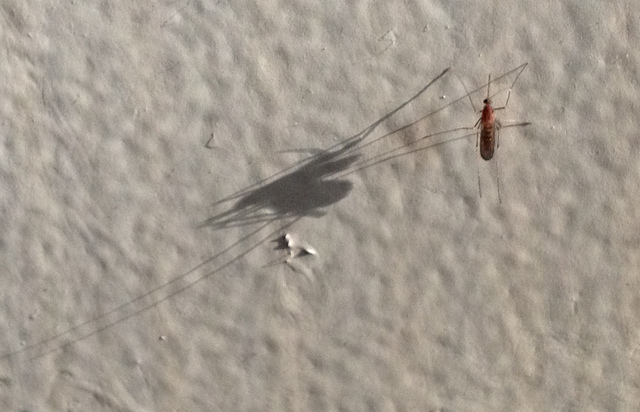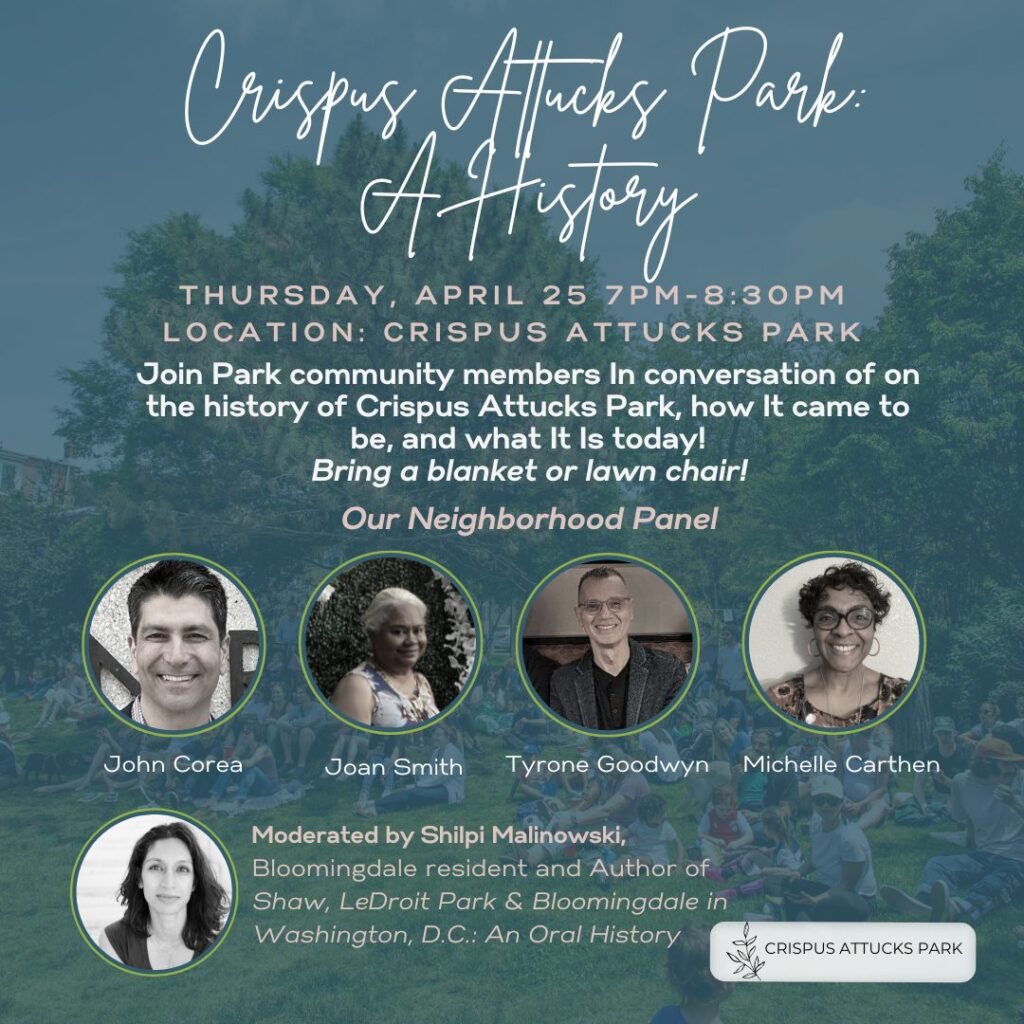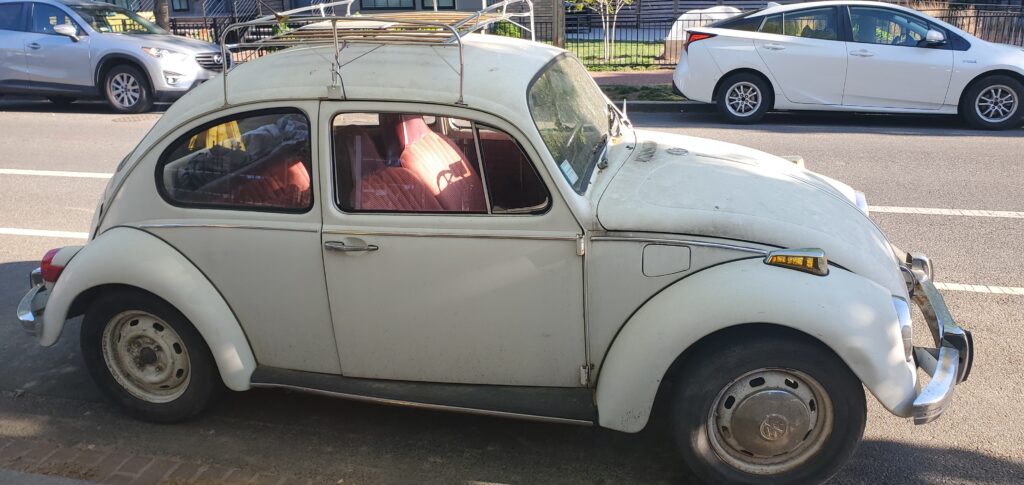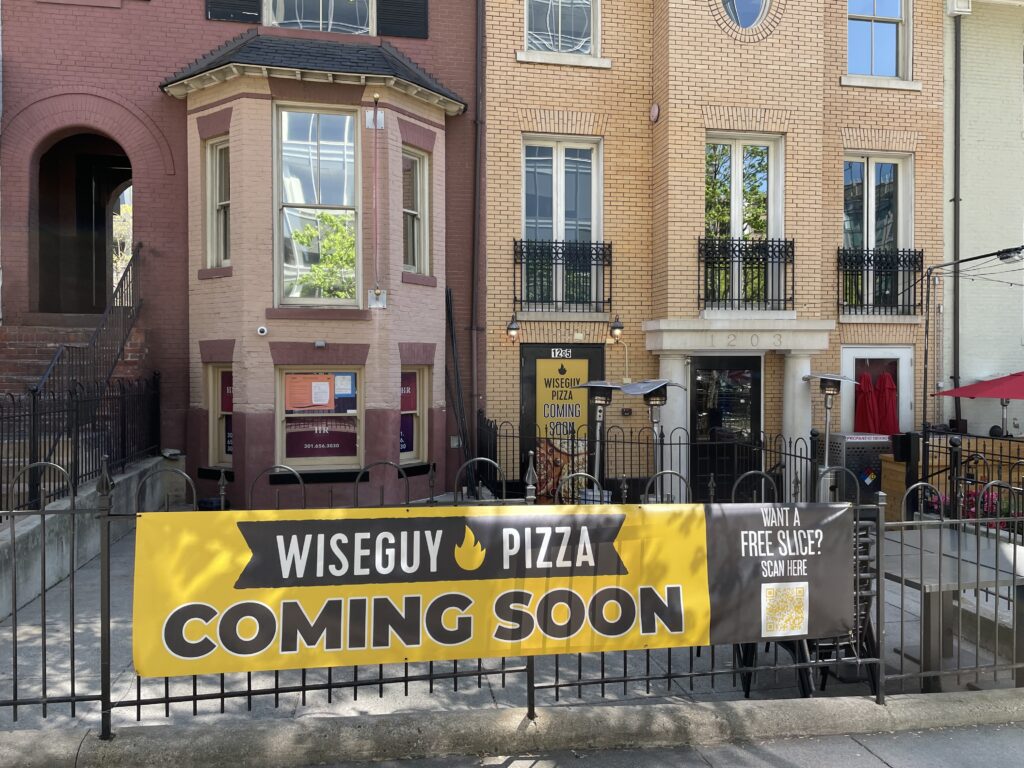
Photo by PoPville flickr user quemac
The following was forwarded on Tuesday from the MPD-4D listserv by the Executive Office of the Mayor (EOM):
“Department of Health
Bureau of Community Hygiene
Animal Disease Prevention Division
June 2013
Dear Resident,
A recent mosquito surveillance in your neighborhood revealed the presence of West Nile virus.
The DC Department of Health has had a mosquito control program in place for years and it is part of the West Nile Virus program (WNV) for the District. The program addresses mosquito control by informing the residents about suppressing the mosquito larva growth by preventing standing water around the properties during summertime. Because we do not treat the individual properties, it is up to the residents to check for potential mosquito breeding sites in their own properties. Aside from the information provided on our flyers, as attached, the following are tips for the homeowners to help reduce mosquitoes
1. Cut down ground cover such as Boston ivy, ground ivy during the summer seasons as these become suitable habitats for mosquitoes. The ground cover may be allowed to grow back in the fall, when mosquitoes are less active. Thick vegetation at the ground and shrubbery levels provide layers of shade that lessens air flow and prevents sunlight. In addition, shade retains moisture for a long period of time preventing evaporation, and therefore attracts tiger mosquitoes – more than the common house mosquito (Culex). Tiger mosquitoes only need droplets of water to lay their eggs and reproduce.
2. Clean gutters seasonally. Make sure there is a slope on the downspout to drain all the rain water.
3. Purchase commercial products to spray on the vegetation and repel mosquitoes on evergreen shrubbery and low tree branches. Tall evergreen shrubbery (boxwood, thick azaleas, rhododendron, and thick holly) may be sprayed with an environmentally friendly adulticide product for temporary control of adult mosquitoes.
4. If there is a garden, only water the foliage at ground level so water does not sit on the leaves and stem folds.
5. Watch out for overgrown vegetation among your neighbors, perhaps vacant properties with overgrown vegetation, standing water, unclean gutters.
6. We ask the residents and businesses to eliminate standing water sites from their yards; these would include unused tires, broken flower pots, clogged roof gutters, unused swimming pools and drains from the gutters. Standing water in private property may result in fines under the Vector-Borne Infectious Diseases Control Emergency Act of 2005 (DC Official Code § 8-2131, et. seq). If you are aware of locations violating this law and know of a neglected property please file a complaint by reporting it to our main office.
Mosquitoes, like all insects, are a natural part of the environment and an important part of the food chain. However, they should be controlled.
The flyers that DOH’s WNV program disseminates contain also information on personal protection. Part of the WNV program covers mosquito surveillance to detect areas affected by the West Nile Virus. This means that our staff traps mosquitoes, sorts, counts and submits the specimens to the Public Health Laboratory for testing on a weekly basis during the summer season at locations in all wards of the city.
The government does not spray pesticides into the environment for many reasons: many scientific studies show that aerial spraying is not effective. It kills only the mosquitoes which are airborne at the time. Those under foliage, brush, and underground in catch basins and sewers are not affected. Non target and beneficial species such as bees, spiders, and the praying mantis are killed as well. Also, pesticides residues linger in the environment, causing asthma, cancer and certain birth defects.
Feel free to reach the West Nile Virus office at the Animal Services from the Department of Health for more information.”
I guess the notice is better late than never…
Recent Stories

Photo by Beau Finley Ed. Note: If this was you, please email [email protected] so I can put you in touch with OP. “Dear PoPville, Him, dapper chap with a light…

For many remote workers, a messy home is distracting.
You’re getting pulled into meetings, and your unread emails keep ticking up. But you can’t focus because pet hair tumbleweeds keep floating across the floor, your desk has a fine layer of dust and you keep your video off in meetings so no one sees the chaos behind you.
It’s no secret a dirty home is distracting and even adds stress to your life. And who has the energy to clean after work? That’s why it’s smart to enlist the help of professionals, like Well-Paid Maids.

Unlock Peace of Mind for Your Family! Join our FREE Estate Planning Webinar for Parents.
🗓️ Date: April 25, 2024
🕗 Time: 8:00 p.m.
Metropolitan Beer Trail Passport
The Metropolitan Beer Trail free passport links 11 of Washington, DC’s most popular local craft breweries and bars. Starting on April 27 – December 31, 2024, Metropolitan Beer Trail passport holders will earn 100 points when checking in at the
DC Day of Archaeology Festival
The annual DC Day of Archaeology Festival gathers archaeologists from Washington, DC, Maryland, and Virginia together to talk about our local history and heritage. Talk to archaeologists in person and learn more about archaeological science and the past of our






